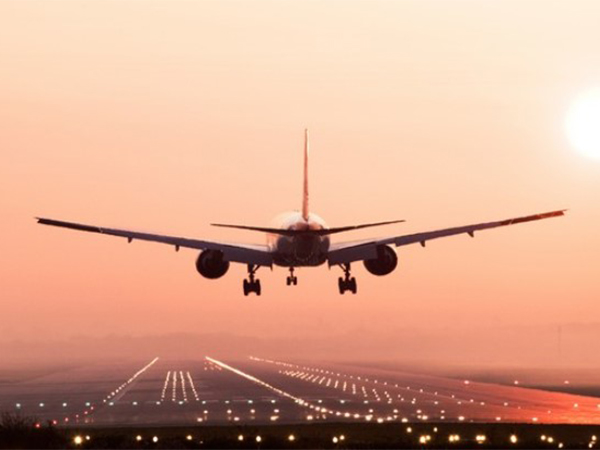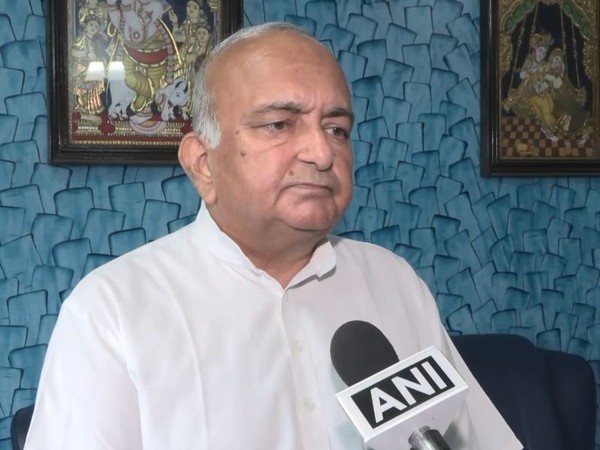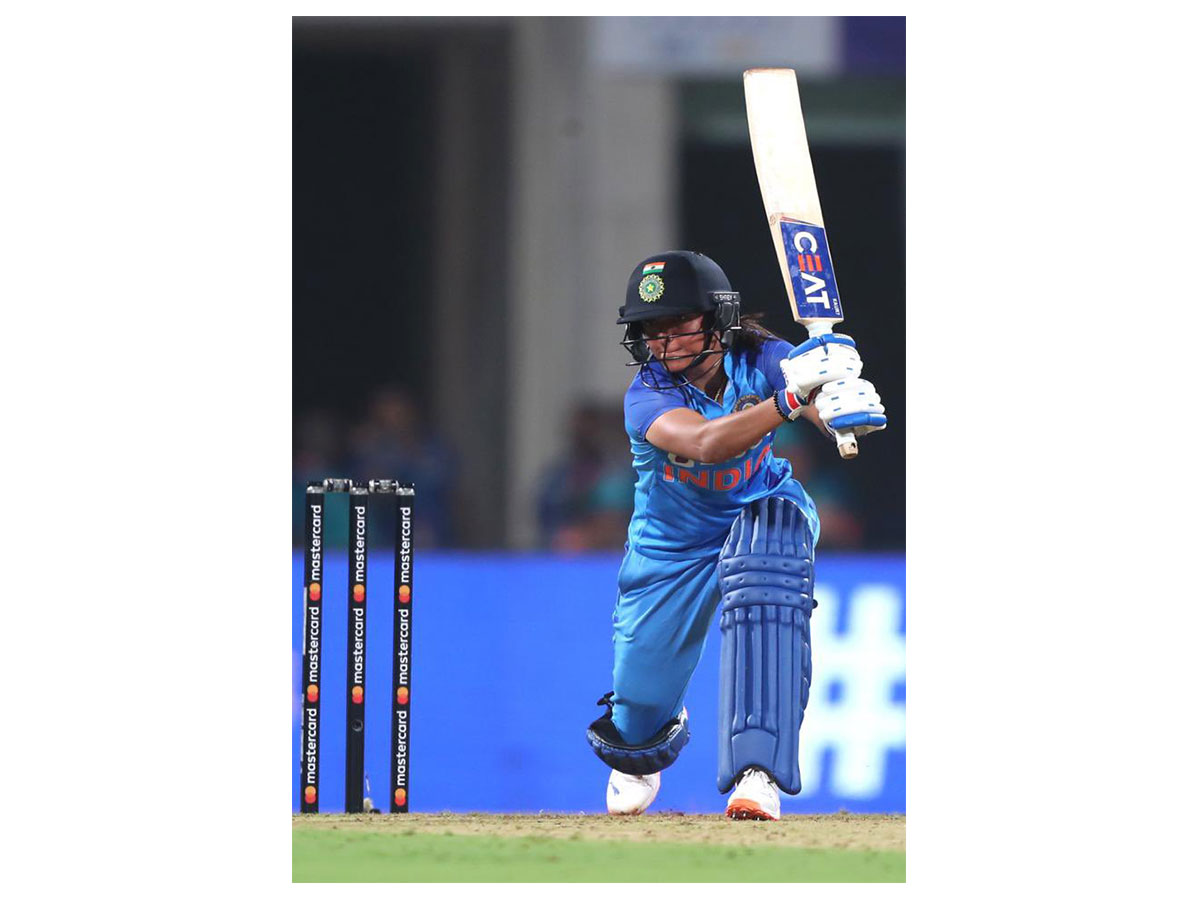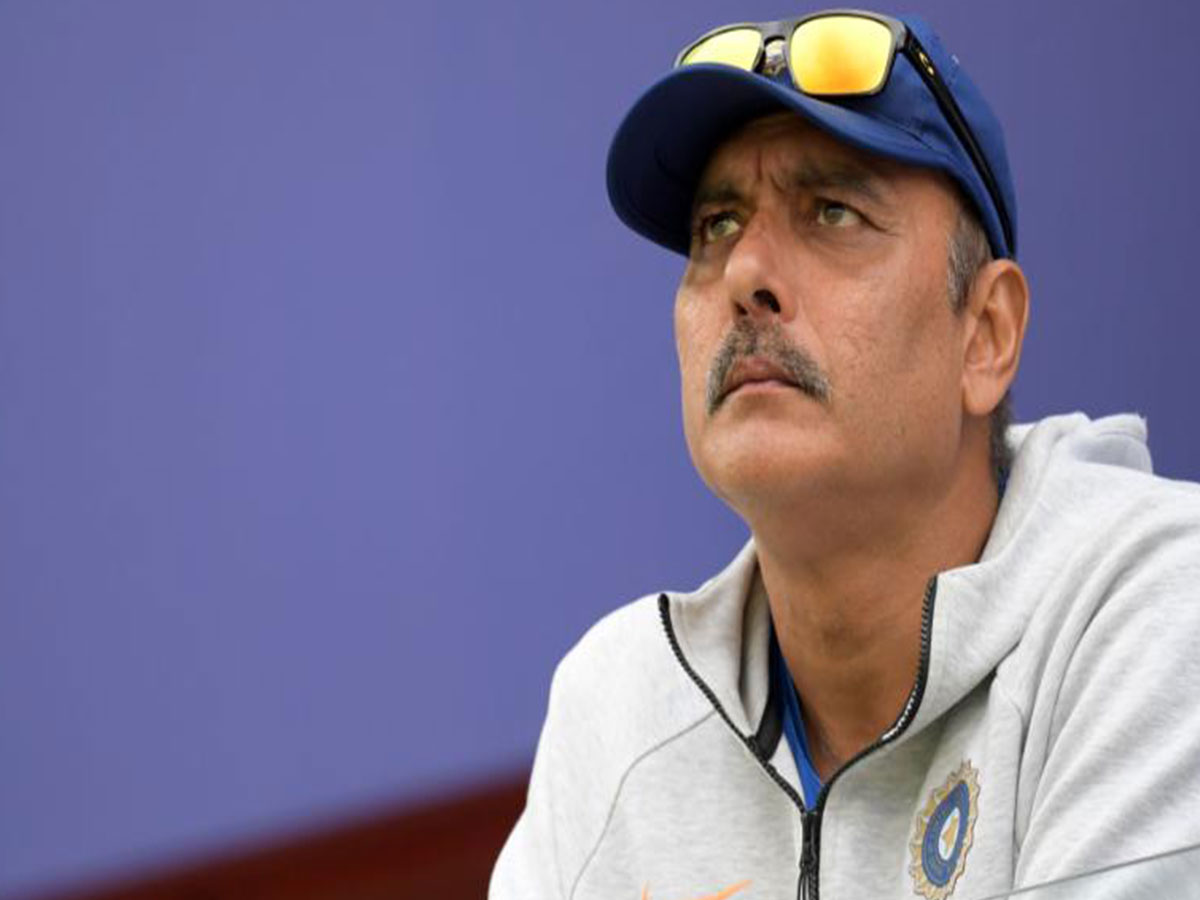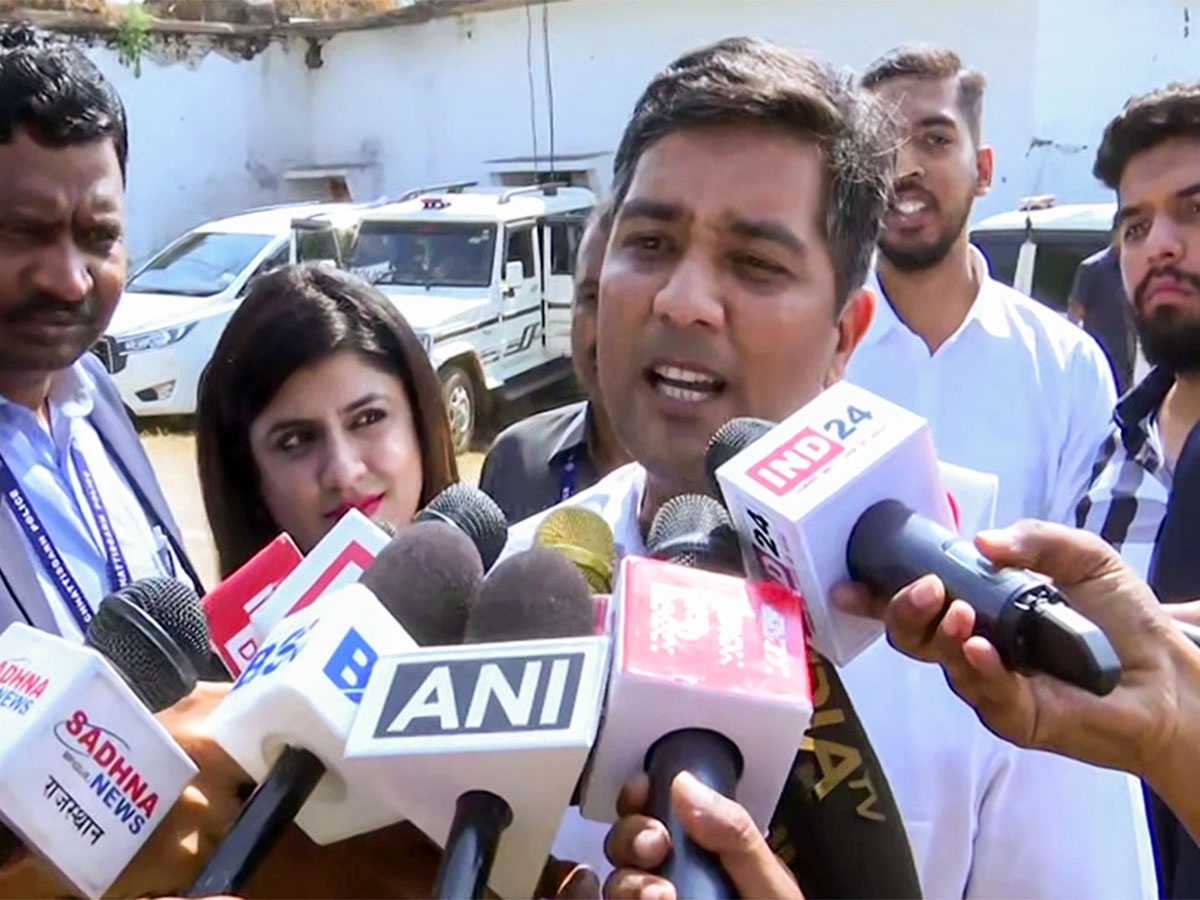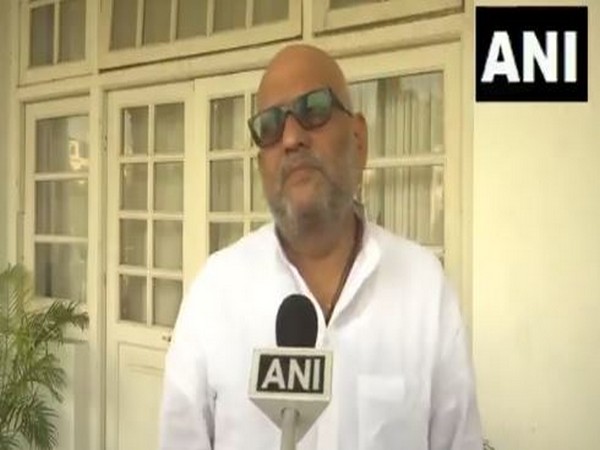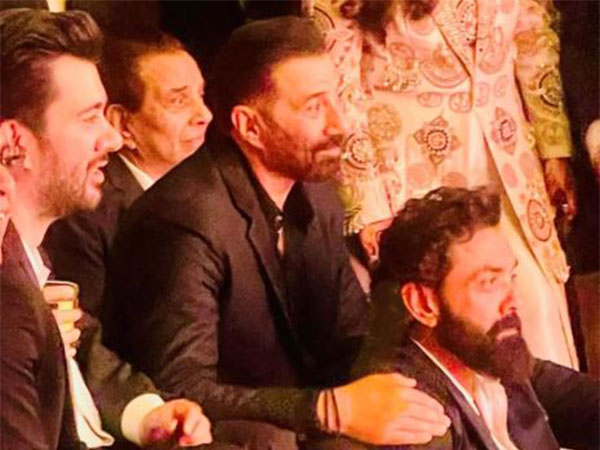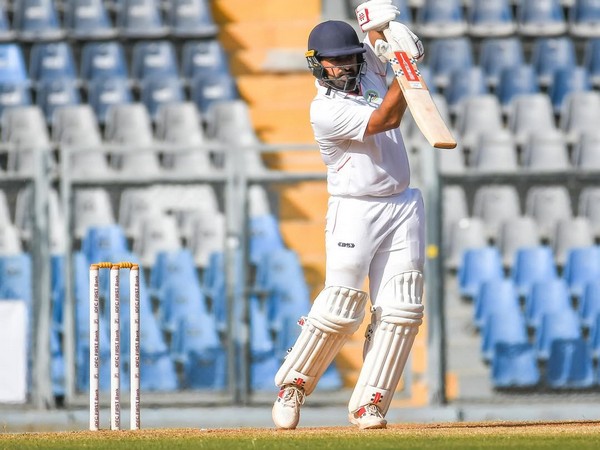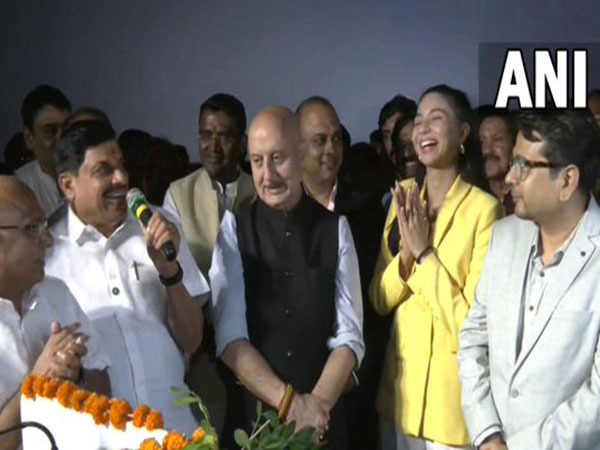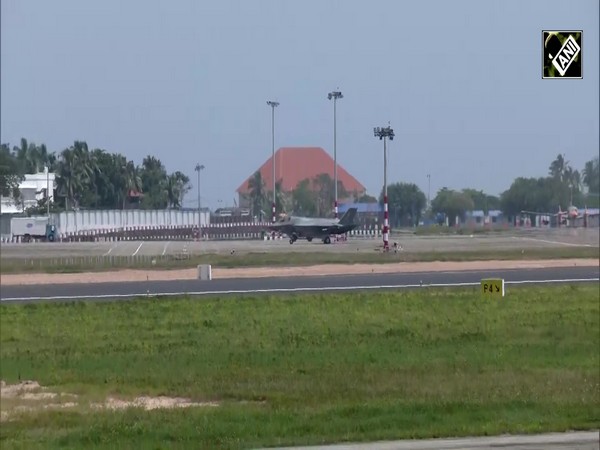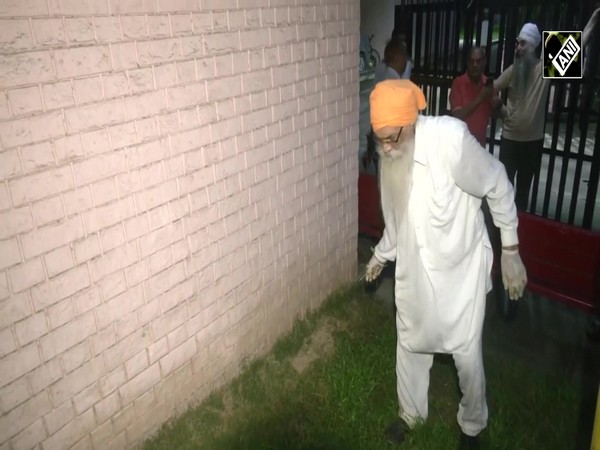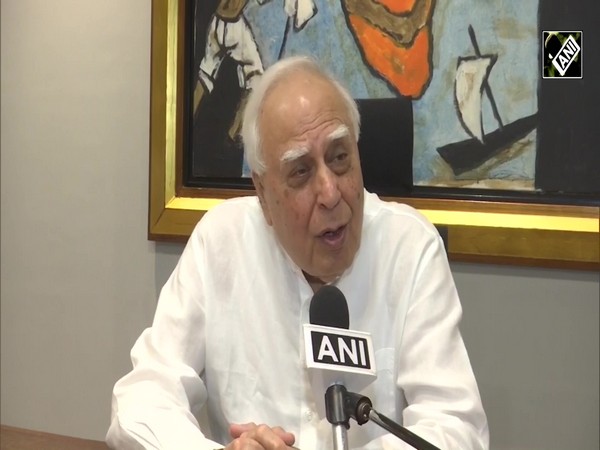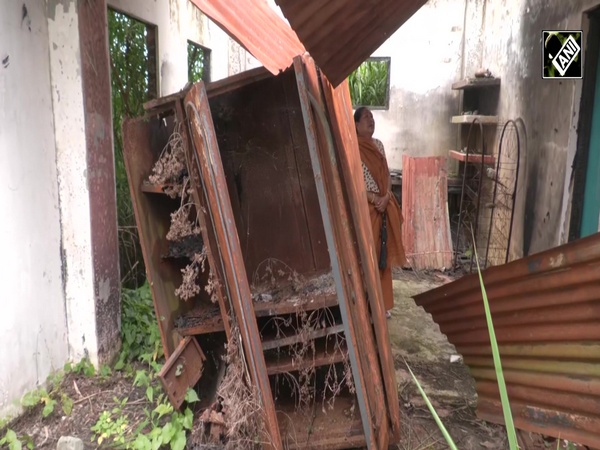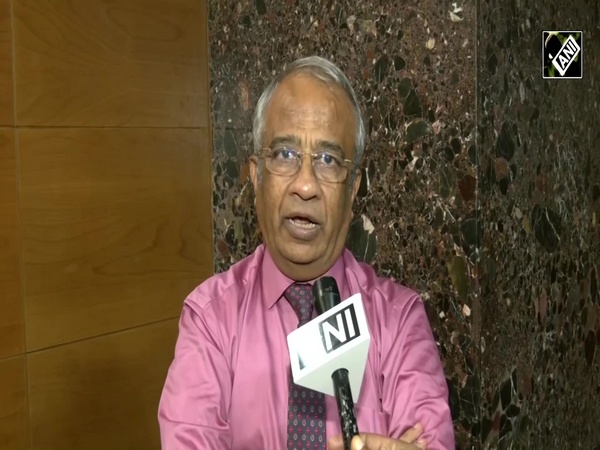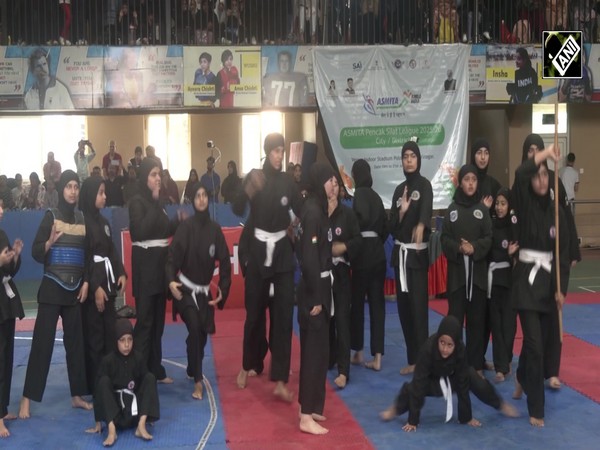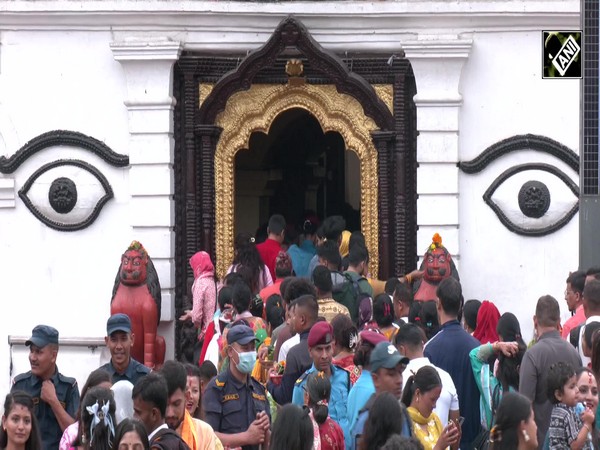Demonstration in Bangladesh against Pakistan on anniversary of 26/11 Mumbai attacks
Nov 26, 2021

Dhaka [Bangaladesh], November 26 : A procession was organised in Bangladesh on Friday to mark the 13th anniversary of the 26/11 Mumbai terror attacks and to honour the memory of those who lost their lives in the heinous attacks in India's financial capital.
Participants in the procession organised by the Vishva Hindu Parishad, Bangladesh chapter, carried placards bearing messages "We will never forget".
During the demonstration held at Ahsan Manzil, Jashore, participants carried posters that read "The Mumbai Terror Attack of 26/11, we will never forget" and "Tribute to brave heroes who lost their lives on a tragic day."
Organisers of the rally said the protest demonstration was being held to counter ongoing communal violence across the country and to counter the ever-hostile Pakistani forces who support terrorism and militancy.

On Friday, India observed the 13th anniversary of the Mumbai terror attack that left at least 174 people, including 20 security force personnel and 26 foreign nationals, killed and more than 300 people injured.
Ten Lashkar-e-Taiba terrorists came to Mumbai via sea route from Pakistan and carried out a series of coordinated shooting and bombing attacks across the city on November 26, 2011.
After sailing to the city under the cover of darkness, the terrorists targeted major landmarks of Mumbai with the first attack taking place at the crowded Chhatrapati Shivaji Terminus (CST) railway station.
Ajmal Amir Kasab and Ismail Khan carried out the attack at this station, killing as many as 58 people and injuring over 100.
Kasab and Khan later entered to attack Cama Hospital, but the same was thwarted with the alertness of the hospital staff. They, however, killed 6 police officials, including the city's Anti-Terrorism Squad Hemant Karkare in an ambush after leaving the hospital.
The second site of the attack was the Nariman House business and residential complex where a Rabbi, his wife, and six others, including five Israeli citizens, were killed by the terrorists who first held them hostage.
The two-year-old child of the Rabbi couple, Moshe, survived the attack. Then 'Baby Moshe' became the face of the innocent victims of ruthless terrorism.
The third site to come under attack on 26/11 was the Leopold Cafe followed by Taj Mahal Hotel and Tower. Four terrorists carried out the attack at the cafe before entering the iconic Taj hotel, where they killed as many as 31 people after laying a three-day siege at the hotel.
The other site to come under attack during the 26/11 was Oberoi-Trident hotel where another group of two terrorists entered at almost the same time, as the other four had entered the Taj. At Oberoi-Trident hotel the siege officially ended on the evening of November 28 with as many as 30 being killed in the horrific attack.
The attack and seizure finally culminated on the morning of November 29, 2008, after the National Security Guards (NSG) secured the Taj Mahal Palace Hotel.
By the time commandos of the National Security Guards (NSG) gunned down the last terrorists who had been holed up in south Mumbai's Taj Mahal Palace hotel, over 160 people were killed and hundreds were left injured.
After the attack, it was established that the 10 terrorists had sailed to Mumbai from Pakistan's port city, Karachi. Their voyage to Mumbai involved hijacking fishing dingy and killing four of the five men crew, leaving one occupant to ferry them to the Mumbai coast.
In these gruesome attacks, 9 terrorists were killed and the lone survivor, Ajmal Amir Kasab, was caught and was sentenced to death at Yerwada Central Jail in Pune in 2012.
